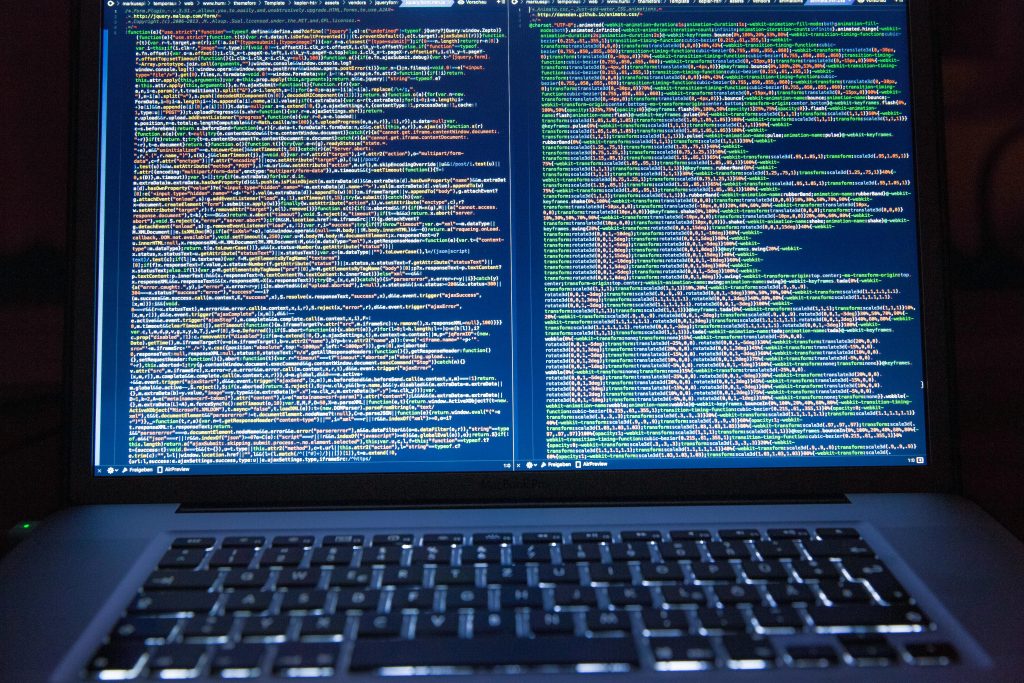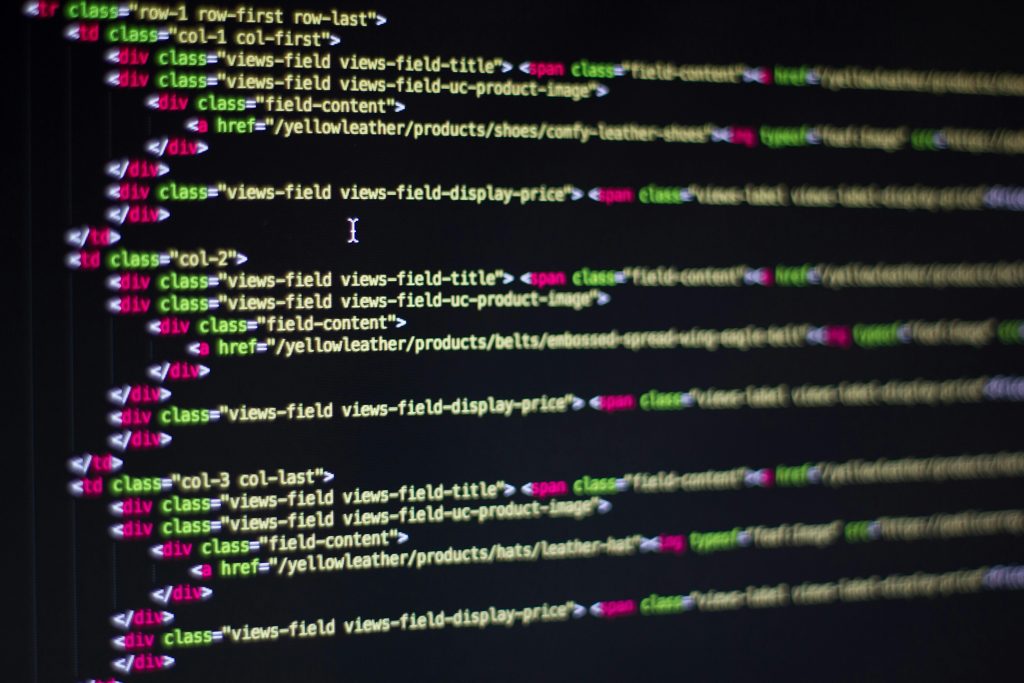
The digital world is constantly evolving, and artificial intelligence (AI) is poised to transform every aspect of our lives, including how we construct websites. Standard web development takes a great deal of manual writing and repetitive work. AI might undertake many of these jobs, making things operate more smoothly, providing better user experiences, and generating new ideas.
Artificial intelligence (AI) has advanced a great deal lately, changing sectors from banking to healthcare. No exception is within the field of web development. Integrating artificial intelligence techniques and technology into web-building presents interesting possibilities and unique difficulties. This blog examines its opportunities and constraints and investigates whether artificial intelligence reflects online development’s future trajectory.

Possibilities
Enhanced Automation
The potential of AI to manage time-consuming and repetitive tasks in web development offers hope. Tools like GitHub Copilot, powered by AI, can automatically create code snippets, recommend fixes, and reduce errors. This automation allows programmers to focus on more challenging, creative aspects of their projects and accelerates development, promising a more efficient and productive future.
Customized User Experiences
AI-powered websites are not just about functionality but about creating deeply personalized user experiences. AI can analyze user behavior and preferences to suggest relevant products, services, or information, as seen in companies like Amazon and Netflix. This level of personalization increases user engagement and satisfaction and opens up a world of exciting possibilities for web development.
Enhanced Design and Prototyping
AI-powered design tools such as Uizard and Adobe Sensei help creators of aesthetically pleasing and functionally useful interfaces. Using textual descriptions, these tools examine design trends, propose layouts, and even create prototypes, saving time during design iterations.
More brilliant virtual assistants and chatbots
Intelligent chatbots and virtual assistants made possible by artificial intelligence may answer consumer questions, provide assistance, and raise user involvement by handling. These AI-driven systems improve client satisfaction by operating around the clock and providing rapid and accurate answers.
Improved Website Security
Identification and reduction of possible security risks depend much on artificial intelligence. AI systems can identify and react to cyberattacks in real time through pattern and anomaly analysis, enabling developers to create safe websites and safeguard user data.

Difficulties
Learning Curve for Developers
Including artificial intelligence in web development calls for developers to pick up fresh ideas, tools, and frameworks. Adapting to AI-driven processes might be intimidating for some, especially those without past artificial intelligence or machine learning knowledge.
Ethical Issues
Particularly concerning user privacy, AI-powered data analysis, and personalizing generate ethical questions. AI systems must follow GDPR and prioritize gathering and using user data transparency.
AI Tool Dependency
Depending too much on artificial intelligence technologies might cause engineers to lose basic coding abilities. Although artificial intelligence may improve output, developers must know fundamental web development ideas to guarantee long-term success.
Cost of Implementation
Implementing artificial intelligence solutions may be costly, especially for small companies and independent developers. Some may find adoption hampered by AI technologies, infrastructure, and training costs.
AI Limitations
AI is not perfect, even if it is really strong. AI-generated code could have flaws or lack context-specific subtleties; hence, engineers must review and improve the result. AI models also depend on data; therefore, their efficacy is limited by the quality and variety of the datasets utilized for training.
Concerns About Job Loss
Automating many coding tasks makes web workers worry about losing their jobs. Even though AI is more likely to assist developers than to replace them, we must address these issues and adequately train the workforce to adapt to the industry’s changing needs.
The future of web development is not in AI taking over the jobs of human workers but in making it easier for humans and AI to work together. The power of AI can help developers be more productive, be more creative, and give users a better experience.
AI’s Prospect in Web Development
With tools and powers unthinkable a decade ago, artificial intelligence is changing the scene of web development. It seems unlikely to replace human developers. Instead, artificial intelligence will remain a helpful friend, improving output and innovation and allowing engineers to handle more challenging tasks.
Web development’s future rests on a harmonic fusion of artificial intelligence-driven automation with human knowledge. Developers may open fresh opportunities and produce creative, user-centric digital experiences by embracing artificial intelligence while tackling its constraints.
In conclusion
AI is about to change how websites are made, opening up exciting new ways to make things more efficient, improve user experiences, and develop new solutions. That said, it’s essential to go into this change calmly, aware of the problems and possible dangers.
Web makers can use AI to make the web experience more dynamic, entertaining, and open to everyone by promoting ethical development, building strong partnerships between humans and AI, and constantly learning and changing.
How do you see artificial intelligence’s place in web development? Does it influence, thrill, or scare you? Comment in the space provided below!



